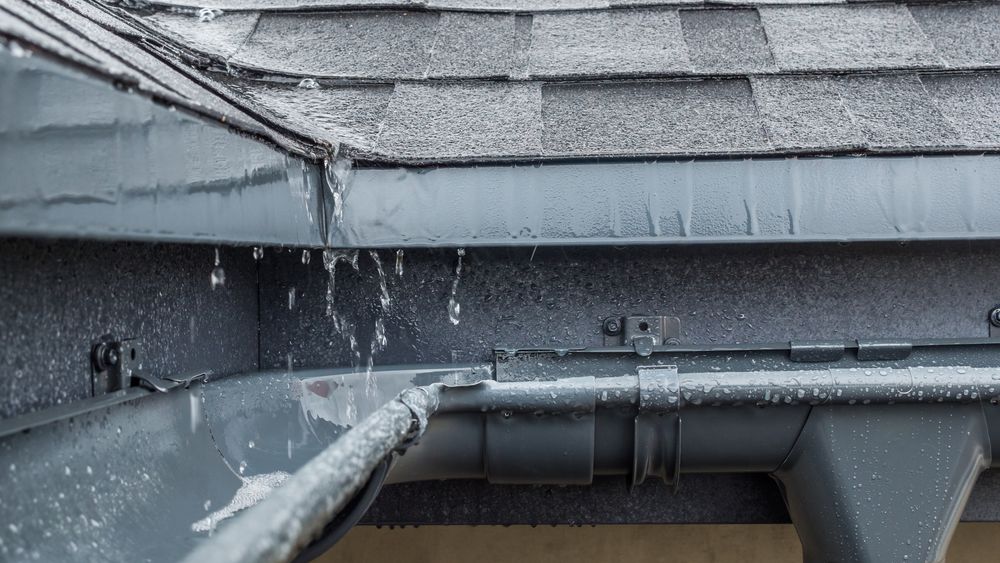Most people do not even think about their rain gutters unless these cause a problem. They are just a part of their home that they don’t ever give a second’s thought to. But when issues do arise, whether to replace them or get rid of them all together can be something to consider. Below we will take a look at the pros and cons of rain gutters and whether you actually need them.
Pros of Having Rain Gutters
- With rain guard gutters being a part of most homes, it is obvious that they must have a role to play. They are there to help get rid of rainwater from the roof, according to the experts at Global Gutter Systems. They have been designed to ensure that rainwater does not pool on the roof and that it is instead allowed to drain away from the walls and the foundations, preventing mold from growing.
- A good rain gutter system will make sure that rainwater is directed into a storm drain or a barrel, preventing any runoff that could contain pollutants or other chemicals from reaching nearby rivers and streams. Therefore, rain gutters are beneficial for the environment as well.
Cons of Having Gutters
- Perhaps the biggest problem with having rain gutters is the fact that they do require maintenance. But so does everything else in a home. It is important to check the gutters regularly as they are susceptible to debris and leaves that can build up and cause a blockage. If you do not clean your gutters often, water can back up and then overflow onto the walls. In the worst-case scenario, the water could seep into the basement or crawl space of your home, weaken the foundations, and generally cause damage to the home.
Do You Really Need Gutters?
If you live in an area of the country that is considered to have an arid climate, then rain gutters may not be absolutely necessary. However, if your area does experience heavy rainfall, then gutters are a must. Without them, rainwater falling close to the home could cause massive damage to the structure of the premises.
You might hear people complaining about the damage caused by clogged rain gutters, and they will use this as a reason for not installing them. However, the damage caused by a clogged gutter usually comes from the rainwater overflowing and running down the side of the house. Without gutters, this is what will happen every single time it rains heavily.
If rainwater is allowed to run off the roof of your home and down the walls, there is a risk that it will start to erode the soil around the foundations of the building. Over time, this will cause the settling of the foundations, which can then lead to problems inside the home such as cracked walls or uneven floors.
Something else to consider if you decide not to put gutters on your home is the dirt and debris that will be running down your walls. Rainwater collects dirt and debris on its travels and if this is allowed to run down the side of your home, you can expect the walls to look stained and unattractive. But more than that, the walls of your home could also start to rot, especially if they are made from wood.
Summary
There are pros and cons to installing rain gutters on your home, but the pros definitely outweigh the cons. Rain gutters protect the foundations and walls and are better for the environment. Nevertheless, they do need to be maintained in order to keep them free from blockages.

